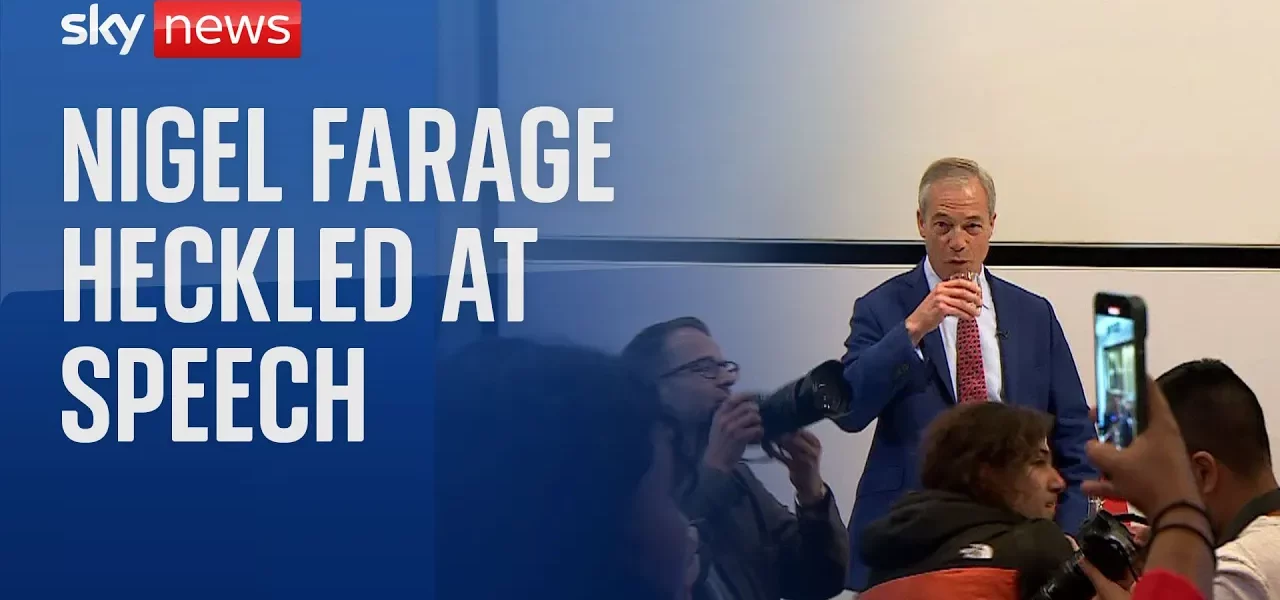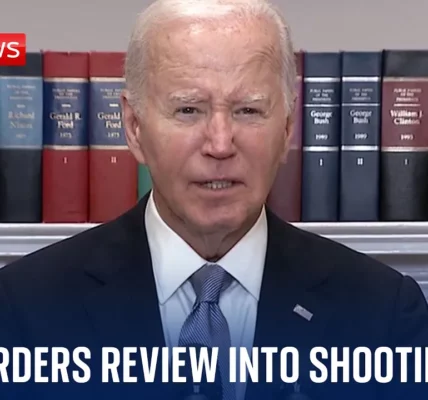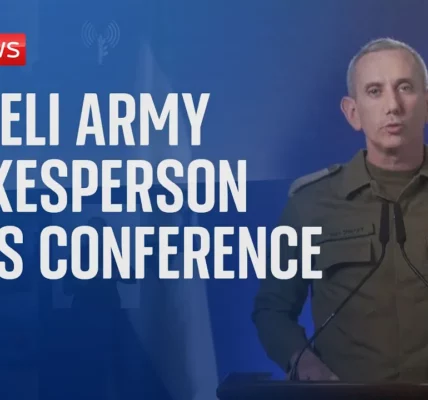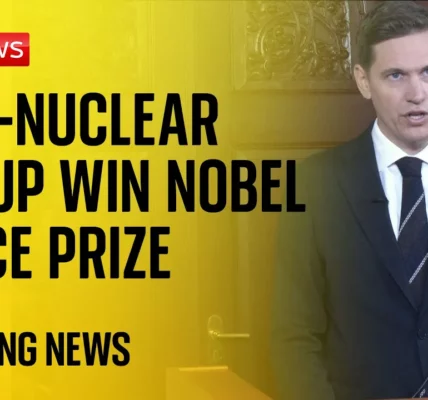Nigel Farage’s Speech: A New Era in British Politics

This article delves into Nigel Farage’s recent speech, exploring the implications of his statements on the current political landscape in the UK, the challenges of the electoral system, and the future of party politics.
Introduction
Nigel Farage, a prominent figure in British politics, has once again made headlines with his outspoken remarks regarding the recent elections and the future of his political party. In his speech, he addressed the public’s frustrations, the shortcomings of the current electoral system, and the plans for revitalizing his party’s structure. This article will provide an in-depth analysis of his key points, the political context, and the potential ramifications for the UK’s political landscape.
The Context of Farage’s Speech
Farage’s speech comes at a time of significant political upheaval in the UK, particularly following the recent local elections. His remarks reflect a broader discontent among voters, particularly regarding the performance of the Labour Party under Keir Starmer and the effectiveness of the current electoral system.
Political Landscape
The political atmosphere has been charged with tension as various parties vie for public support. Key points to consider include:
- The shift in voter sentiment towards smaller parties.
- Growing disillusionment with the traditional two-party system.
- The impact of recent election results on public confidence in political institutions.
Main Points of Farage’s Address
Critique of the Current Electoral System
Farage criticized the first-past-the-post electoral system, arguing that it is outdated and not representative of the public’s will. He stated that if proportional representation were implemented, the political landscape would look vastly different.
Public Sentiment and Enthusiasm
Throughout his speech, Farage emphasized the palpable anger among the public, which he interpreted as a sign of a potential political shift. He noted the lack of enthusiasm for Labour’s leadership under Starmer, highlighting a disconnect between the party’s message and the electorate’s desires.
Commitment to Party Reform
Farage outlined his vision for professionalizing and democratizing his party. Key reforms he proposed include:
- Eliminating ineffective members and fostering a more cohesive party structure.
- Encouraging grassroots involvement to enhance democratic processes.
- Strengthening the party’s outreach efforts to connect with constituents.
Public Response and Future Outlook
Rise in Party Membership
In an encouraging sign for Farage, he reported a surge in party membership, with individuals joining at a rate of one per minute. This reflects a growing interest in his political messaging and a desire for change among the electorate.
Challenges Ahead
Despite the enthusiasm, Farage faces substantial challenges, including:
- Convincing the public of the viability of his party as a legitimate alternative.
- Overcoming entrenched political opposition from established parties.
- Addressing internal party dynamics to ensure unity and focus on common goals.
Conclusion
Nigel Farage’s recent speech has sparked a conversation about the future of politics in the UK, emphasizing the need for electoral reform and a revitalized political party structure. As public sentiment shifts and new opportunities arise, it is crucial for Farage and his party to capitalize on this momentum while addressing the challenges that lie ahead. For those looking to stay informed about the evolving political landscape, consider exploring related articles on electoral reform and party politics.
“`




